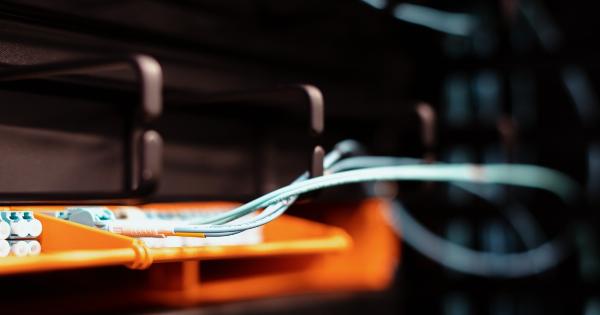The human body is a complex system of organs, tissues, and cells. It works together to keep us alive and healthy. However, sometimes it can turn against itself and attack its own cells and tissues. This is known as an autoimmune disorder.
One such autoimmune disorder is the Kronitovirus. In this article, we will discuss what Kronitovirus is, its causes, symptoms, and treatment options.
What is the Kronitovirus?
The Kronitovirus is a rare autoimmune disorder that affects the muscles, joints, and connective tissues of the body. It is a chronic condition that can lead to severe pain, disability, and joint destruction.
The condition primarily affects individuals over the age of 40, with women being more susceptible than men. There is no cure for the disorder, but treatment can help in managing the symptoms.
Causes of Kronitovirus
The exact cause of Kronitovirus is not known. However, research suggests that it may be caused due to a combination of genetic and environmental factors. People with a family history of autoimmune disorders are at a higher risk of developing Kronitovirus.
Certain environmental factors such as infections or exposure to toxic chemicals may also trigger the condition.
Symptoms of Kronitovirus
The symptoms of Kronitovirus can vary from person to person and can develop gradually over time. The most common symptoms include:.
- Muscle stiffness and pain
- Fatigue and weakness
- Swelling and tenderness in the joints
- Difficulty in moving the affected joints
- Loss of flexibility and functional ability
- Low-grade fever and perspiration
These symptoms may worsen during periods of stress or physical activity. In some cases, the condition may also affect other parts of the body such as the lungs, heart, or skin.
Diagnosis of Kronitovirus
Diagnosing Kronitovirus can be difficult, as the symptoms are similar to other rheumatic conditions. A thorough medical history and physical examination can help in ruling out other conditions and identifying the characteristic symptoms.
Blood tests, X-rays, and other imaging tests may also be used to confirm the diagnosis.
Treatment of Kronitovirus
There is no cure for Kronitovirus, but treatment can help in managing the symptoms and slowing down the progression of the condition. The treatment plan will depend on the severity of the symptoms and may include:.
- Nonsteroidal anti-inflammatory drugs (NSAIDs) to reduce pain and inflammation
- Corticosteroids to reduce inflammation and suppress the immune system
- Disease-modifying antirheumatic drugs (DMARDs) to slow down the progression of the condition
- Physical therapy to improve joint flexibility and strengthen muscles
- Lifestyle changes such as regular exercise, a balanced diet, and stress management techniques to improve overall health
In some cases, joint replacement surgery may also be recommended to improve mobility and reduce pain in severely affected joints.
Conclusion
The Kronitovirus is a rare autoimmune disorder that can lead to severe pain, disability, and joint destruction. While there is no cure for the condition, treatment can help in managing the symptoms and improving the quality of life.
If you experience any of the above-mentioned symptoms, consult your doctor for an accurate diagnosis and treatment plan.




























